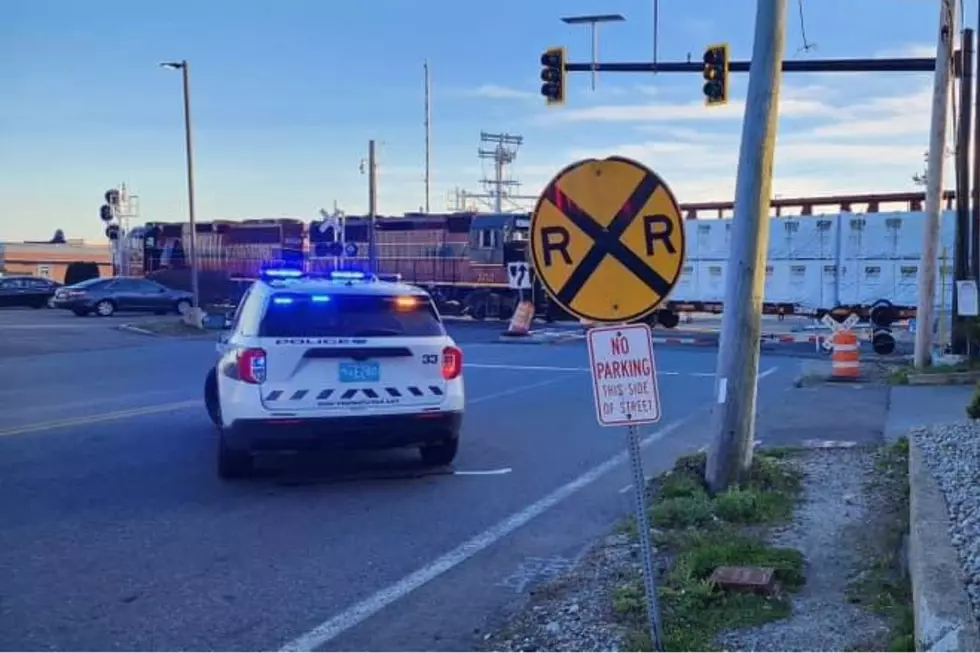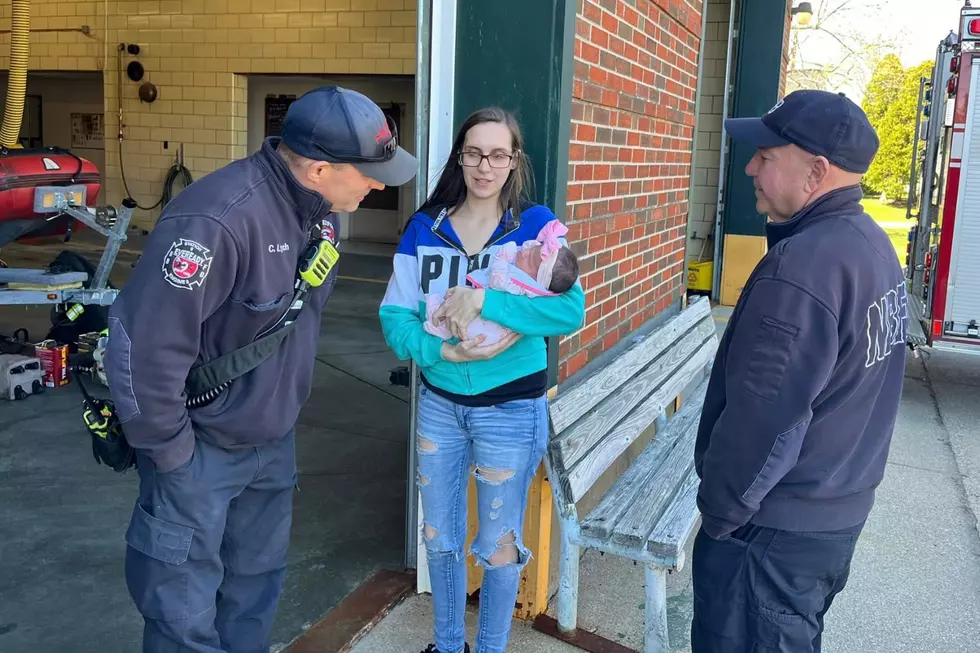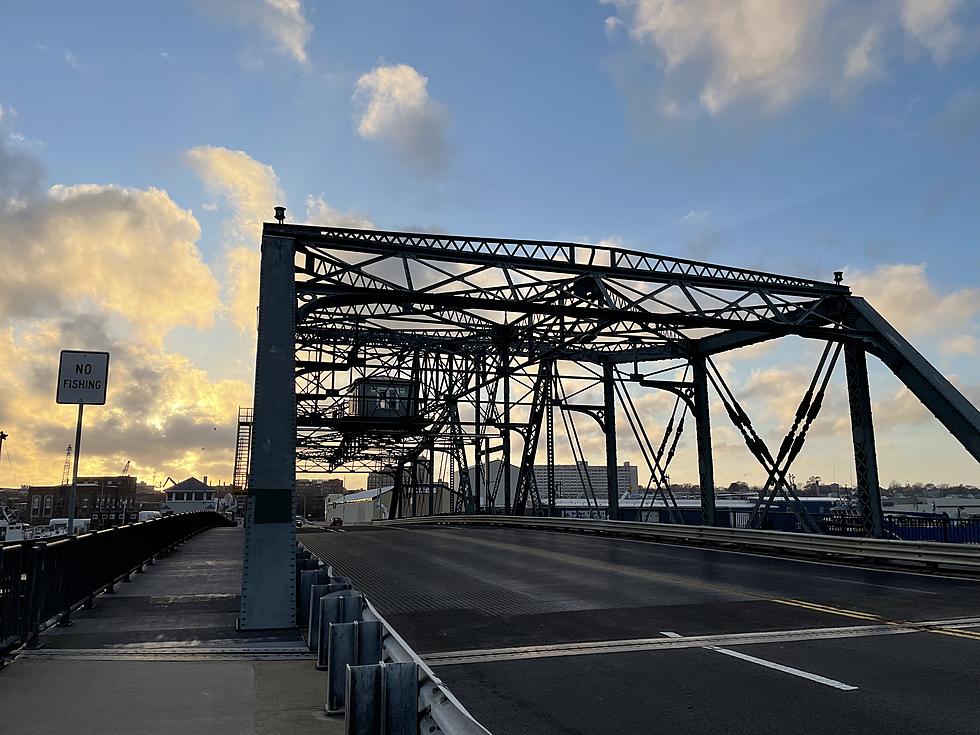
New Bedford Harbor Cleanup Set to End in 2025
Update: This article has been updated to include a comment from the U.S. EPA regarding concerns about hiring locally for the cleanup work.
NEW BEDFORD — The 40-year project to clean New Bedford harbor of cancer-causing chemicals is on track to wrap up in the next three years, after officials announced Tuesday a $73 million injection thanks to the federal infrastructure bill.
Local, state and federal officials said during a press conference at the New Bedford Foss Marine Terminal that $72.7 million will be allocated to finish cleaning up the harbor superfund site under the Bipartisan Infrastructure Law passed last year.
Another $4 million from a settlement with Cornell Dubilier Electronics, Inc. will go towards remediating the harbor's shoreline and the operating and maintenance costs for the superfund project.

For decades, industrial firms dumped carcinogenic chemicals called polychlorinated biphenyls (PCBs) into New Bedford's harbor, until the man-made compounds were banned in the 1970s.
The federal Environmental Protection Agency has been cleaning up the harbor — one of the largest PCB superfund sites in the U.S. — since the 1990s.
An estimated $1 billion will have been spent on remediation efforts on the site in total, the agency noted in a release, with about half that amount funded through cost recovery from the polluters responsible.
That includes a $366 million settlement with Aerovox, after the electronics company was found to be behind much of the contamination.
On Tuesday, EPA officials along with Lt. Gov. Karyn Polito and New Bedford Mayor Jon Mitchell joined U.S. congressmen, state legislators, and local officials in announcing the new funding to finish the remediation project.
Those who spoke touted the efforts of all those involved in cleaning up the harbor over the past four decades, and looked toward the harbor's future as a staging ground for building offshore wind facilities.
"Today in particular is a super exciting day," said EPA Deputy Administrator Janet McCabe. "New Bedford has been on the national priority list since 1983 — the superfund law was passed in 1980, and three years later New Bedford went on the list, one of the earliest sites."
She added that after nearly 40 years of hard work, the funding "will allow this site to be finished, finished, finished!"
"A vision without funding is an hallucination," noted Senator Edward Markey. "Which is why we're so proud to bring the $73 million here today."
He called the site a "mess that had been left by a generation of industrialists who used New Bedford Harbor as a dumping ground."
But, he added, "Now we're on the cusp of a new era."
Lt. Gov. Karyn Polito noted that tourism and the fishing industry will also likely benefit from the harbor cleanup.
She added that extra state funding could come through the administration's proposed development bill, allowing the city to "build on this incredible momentum."
"For decades, the PCB contamination of New Bedford Harbor has been an environmental blight on our region and a barrier to investment in the port of New Bedford," commented Mayor Jon Mitchell.
"The acceleration of the cleanup will pave the way for more maritime investment and jobs in the port, and open up recreational opportunities for our residents, especially in the near North End."
Some in the audience, however, raised concerns about equity in job opportunities relating to the new funding.
"When does the benefit come back to the community?" asked community activist Buddy Andrade.
"We have no mechanism to get our people in, unless they're involved in some union...No one's really sat and talked this thing out, as it really impacts the Black community."
He added that he was slated to meet with project leaders soon.
A statement from the U.S. EPA regarding Andrade's concerns noted that the agency "is very committed to helping communities that have experienced a disproportionate burden of environmental contamination."
The EPA stated that for the New Bedford harbor cleanup, it is working with the Army Corps of Engineers and its contractors "to encourage them to hire qualified local citizens."
It added that the contractors have hired local personnel for general labor and to operate heavy machinery for the ongoing shoreline remediation.
"Trying to ensure local workers are employed in remediation activities has beneficial impacts on the local community as well," the agency noted.
What a Key to the City of New Bedford Should Get You
Inside New Bedford's Capitol Theater
More From WFHN-FM/FUN 107









